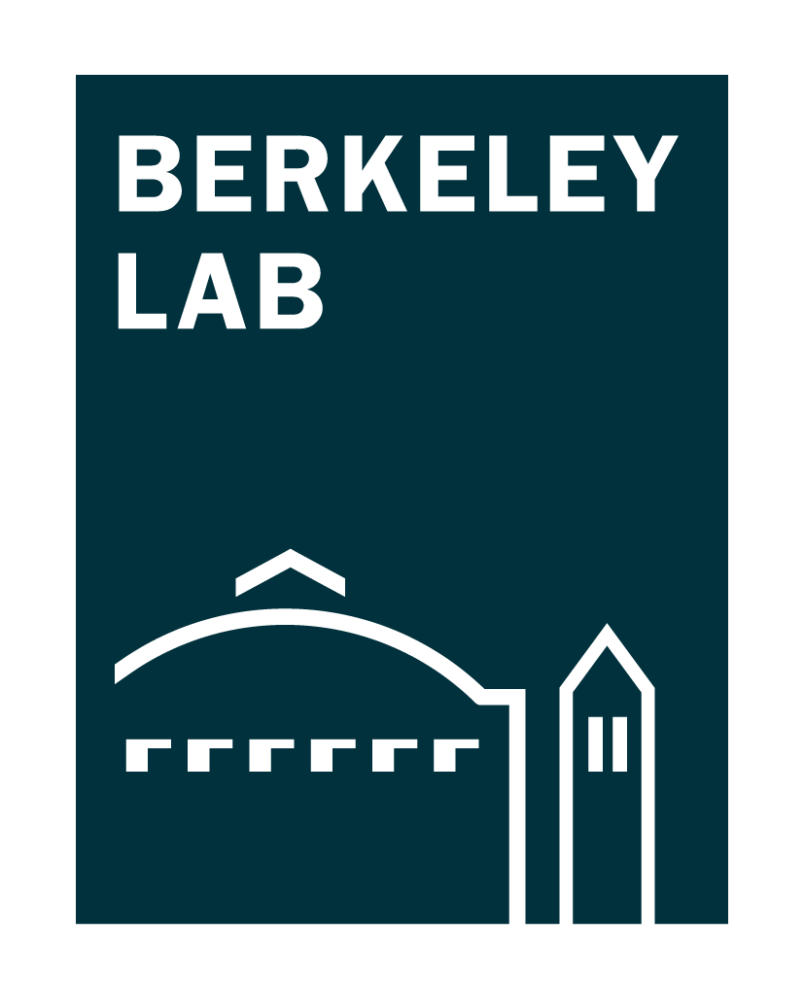
Today, as part of the US government’s Power Africa initiative, USAID launched a Women’s Local Chapter on Efficient Productive Use of Electricity (EPUE) in Uganda that brings together women entrepreneurs who rely on energy for production and advises them to leverage clean energy for producing, processing, and adding value to goods and services. The Chapter will serve as a networking, capacity building, and information repository for members using EPUE technologies.
During the launch, USAID announced the provision of microgrants to seven women-owned businesses in Uganda to help them upgrade their equipment to energy-efficient models that increase their productivity. The microgrants will cover 50 percent of the cost of purchasing modern equipment like sewing machines, institutional electric ovens, ice cream machines, tailoring and embroidery machines, electric cookers, microwaves, juice extraction machines, deep freezers, and refrigerators. USAID awarded the grants under its Energy Empowers East Africa (EEEA) activity, led by the Lawrence Berkeley National Laboratory (Berkeley Lab) and implemented by the Clean Energy Enthusiasts. This activity promotes energy efficiency, access, and inclusion for women-led projects in Uganda. Stephane de la Rue du Can, research scientist at Berkeley Lab, said, “The grants demonstrate USAID’s commitment to the economic empowerment of women by increasing the women’s capacity to benefit from electricity by using EPUE equipment.”
Suriana Kekimuri, program participant, a widow based in Kamwenge District, said that the freezer she received consumes less electricity and therefore saves her money. “It will increase my sales from fresh juice and porridge by more than 300 percent. I will be able to take care of my (two) children from this income.”
The Women’s Local Chapter on EPUE was formalized through the signing of a Memorandum of Understanding between Clean Energy Enthusiasts, which is Energy Empowers East Africa program’s local implementer, and Uganda Women in Trade and Manufacturing, a local women’s trade organization. Through this chapter, Clean Energy Enthusiasts will raise awareness and train many of the association’s 2,300 members to access energy and deploy new technologies in their businesses.
For more information, please contact: Cindy Nkwanzi (cindy@energyenthusiasts.co.ug).
Download the press release
Visit the EEEA/EPUE website
About Energy Empowers East Africa
Energy Empowers East Africa (EEEA) is a USAID-funded project focusing on increasing the EPUE among women-led and women-owned businesses in Uganda. EEEA is implemented by Berkeley Lab with support from Clean Energy Enthusiasts, as the Ugandan implementer.
About Berkeley Lab
The Lawrence Berkeley National Laboratory (Berkeley Lab) is a U.S. Department of Energy (DOE) Office of Science national laboratory managed by the University of California. The EEEA project is part of the Energy Efficiency for Development (EE4D) initiative that provides technical resources and expertise to support USAID partner countries in advancing energy efficiency strategies and achieving more resilient and sustainable economic development. Based on a solid partnership between USAID and Berkeley Lab, EE4D helps with policy, planning, and deployment support for energy-efficient development and smart technologies uptake across the world.
About Clean Energy Enthusiasts
Clean Energy Enthusiasts (CEE) is a Ugandan energy advisory firm that provides management, capacity building and transaction advisory services to clients on rural electrification, energy access (both on-grid and off-grid), energy business modeling, efficient and productive use of energy, access to finance, and investment facilitation.
About Uganda Women in Trade and Manufacturing
Uganda Women in Trade and Manufacturing (UWTM) is an association that equips businesswomen with relevant, cutting-edge business development skills, capacity building, awareness and networking opportunities and supports financial inclusion. The Association’s priority sectors include but are not limited to value addition, manufacturing, cottage industries, retailers, wholesalers, and other traders.

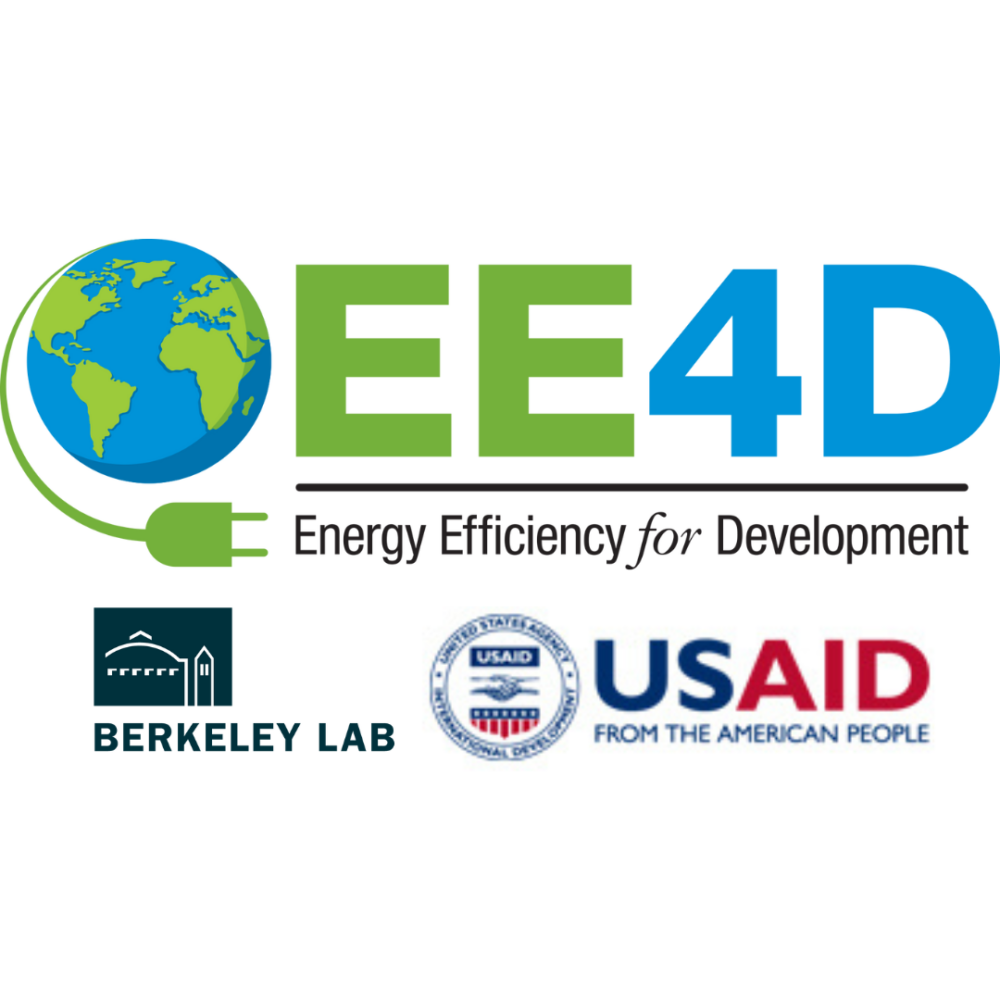






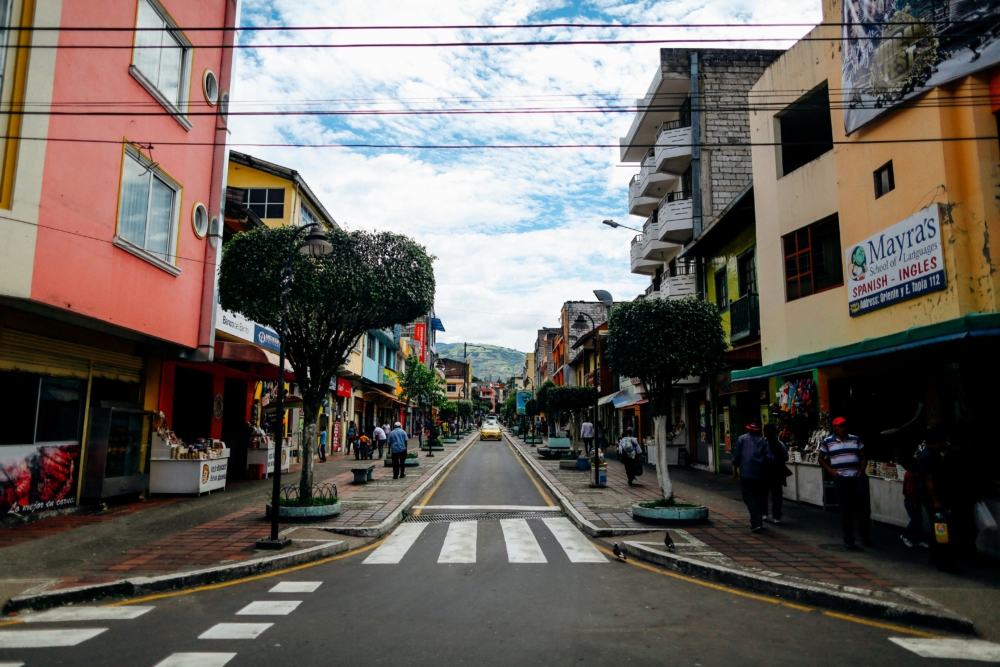

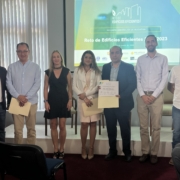
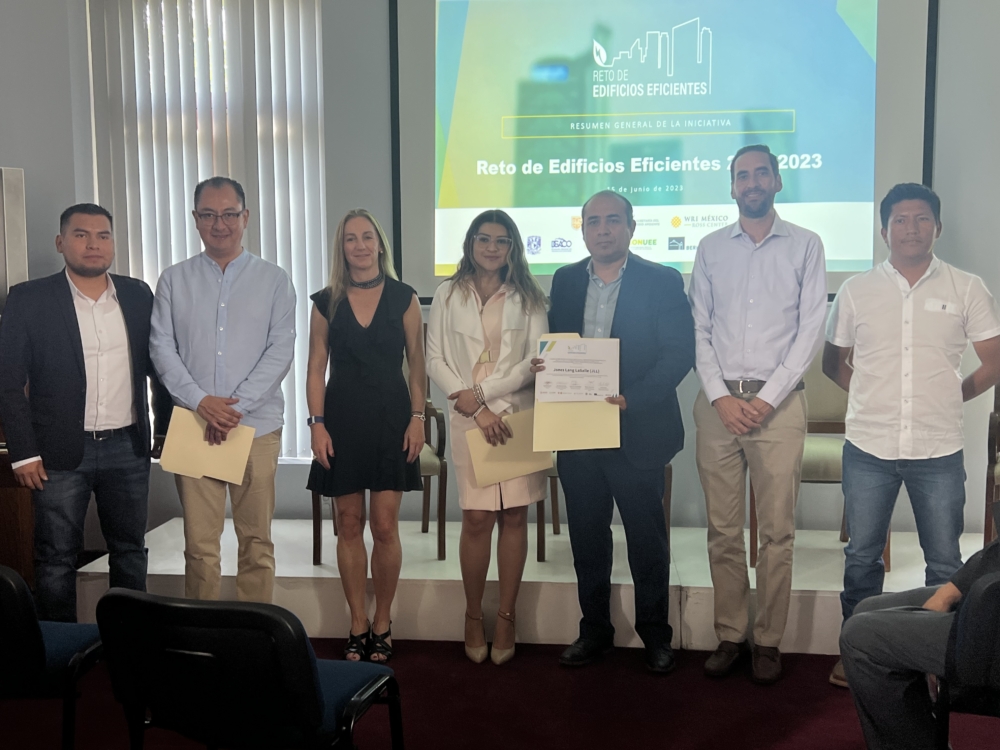




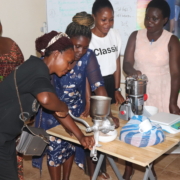

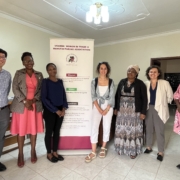
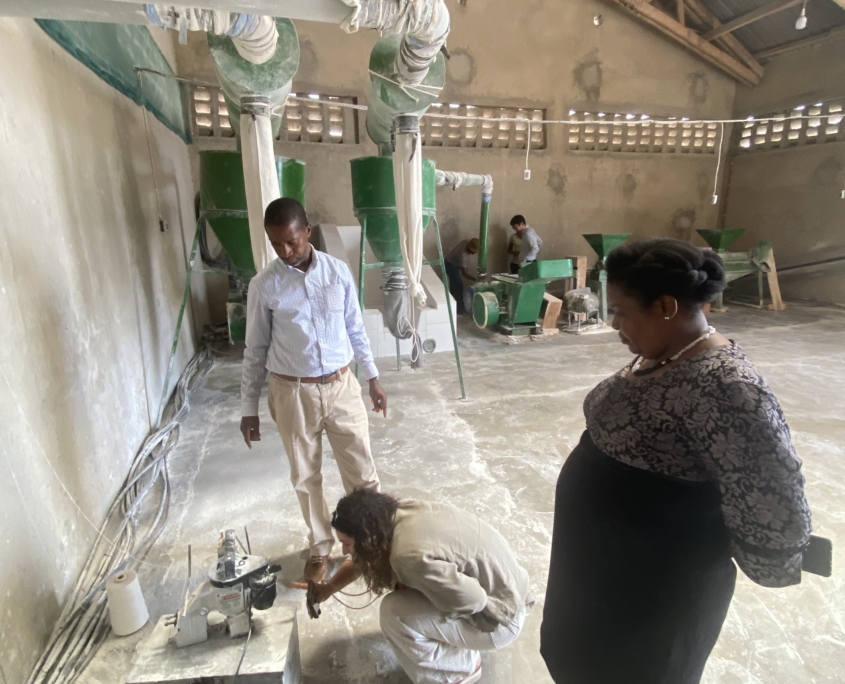
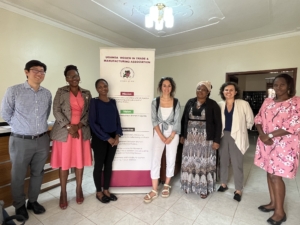
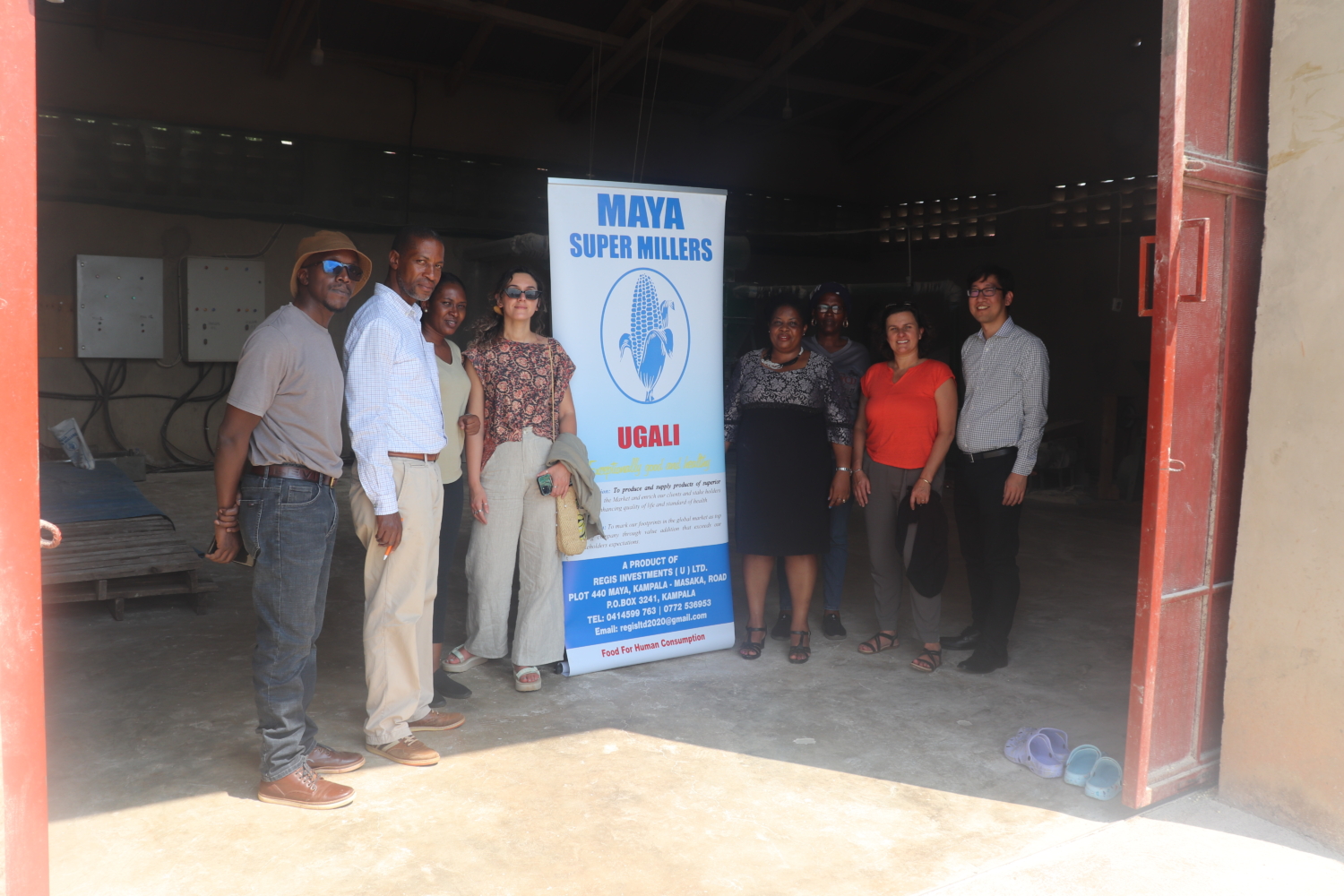 Presently, approximately 60 women have expressed interest in joining the association, with the application process currently underway. As part of their efforts, the Berkeley Lab team and USAID conducted a site visit to a maize milling business, gaining valuable insights into the opportunities and challenges surrounding the efficient and productive use of electricity in such ventures.
Presently, approximately 60 women have expressed interest in joining the association, with the application process currently underway. As part of their efforts, the Berkeley Lab team and USAID conducted a site visit to a maize milling business, gaining valuable insights into the opportunities and challenges surrounding the efficient and productive use of electricity in such ventures. 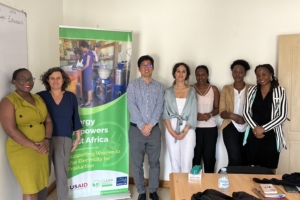 issues of financing,
issues of financing, 